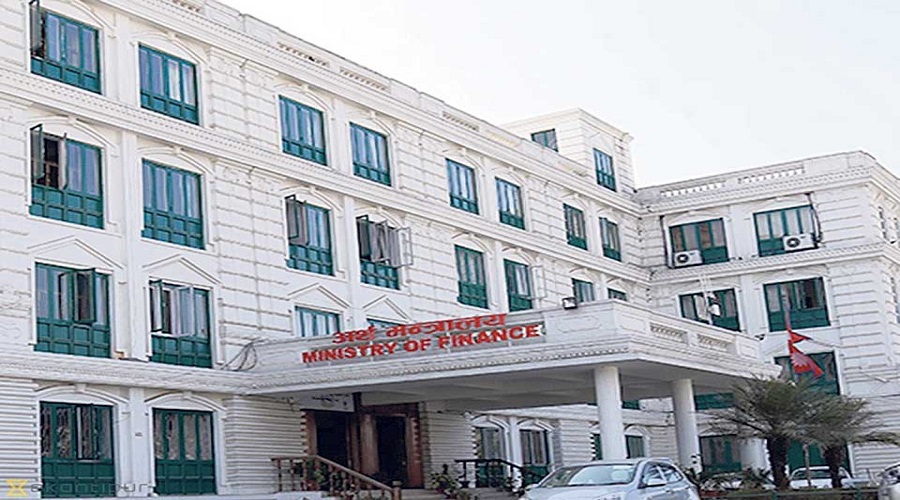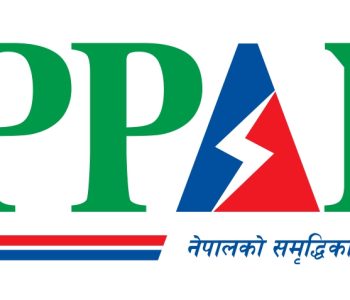Government revenue collection sees 9.74% rise in first two months of fiscal year

KATHMANDU: In the first two months of the current fiscal year, the Government of Nepal has collected NPR 169 billion in revenue, marking a 9.74% increase compared to the same period last year. The total revenue collected by the end of Bhadra this year exceeded last year’s NPR 154 billion. However, the government still faces a significant challenge in meeting its ambitious revenue target for the fiscal year.
The Ministry of Finance had set a revenue collection target of NPR 1,419 billion for the ongoing fiscal year, a substantial increase from the NPR 1,080 billion collected in the previous year. To meet this target, revenue collection needs to grow by 31.38% over the previous year’s figures.
Despite the increase in revenue collection so far, officials at the Ministry of Finance are cautiously optimistic. “It is not feasible to collect 31% more revenue than last year,” said a senior ministry official. “However, based on the positive trend observed during Shrawan and Bhadra, we are hopeful that revenue collection could exceed NPR 1,200 billion this year.”
The government has been focusing on various strategies to boost revenue collection, including discussions with businesses and the enforcement of new financial policies aimed at increasing compliance. However, officials acknowledge that achieving a 31% rise in revenue may be challenging given the current economic landscape.
Expenditure Also on the Rise
While revenue collection has seen a positive trend, government expenditure has also increased. By the end of Bhadra, the government had spent NPR 137 billion, a 4.57% increase compared to the NPR 131 billion spent during the same period last year. The Ministry of Finance attributed the rise in spending to efforts aimed at clearing payments for completed infrastructure projects and increasing capital expenditure.
Finance Minister Bishnu Prasad Paudel has emphasized the need to clear outstanding payments to contractors and speed up the completion of ongoing projects. “We are committed to increasing capital expenditure and ensuring that completed projects receive their due payments,” said Minister Paudel.
Significant Increase in Capital Expenditure
The government’s focus on capital expenditure is reflected in the latest figures. In the first two months of this fiscal year, capital spending increased to NPR 14.89 billion, compared to NPR 8.16 billion during the same period last year. This increase is largely attributed to the government’s push to clear payments for completed projects and accelerate ongoing infrastructure development.
In terms of recurrent expenses, NPR 82.98 billion has been spent so far this year, slightly lower than the NPR 87.66 billion spent last year. Similarly, NPR 39.67 billion has been spent on financial management, up from NPR 35.31 billion during the same period last year.
Despite the rise in expenditure, Ministry of Finance officials remain hopeful that the government will be able to strike a balance between increasing revenue collection and controlling expenses. The ministry has already issued guidelines to various government agencies, urging them to improve efficiency and prioritize projects that have the potential to generate long-term economic benefits.
As the fiscal year progresses, the government will continue to monitor revenue collection and expenditure closely. The Ministry of Finance is expected to release further updates on the country’s financial performance in the coming months, with a particular focus on meeting the ambitious revenue targets set for the year.
While the increase in revenue collection is a positive sign, several challenges lie ahead. Nepal’s economy is still recovering from the impacts of the COVID-19 pandemic, and many sectors have yet to return to pre-pandemic levels of activity. Additionally, the global economic environment, inflation, and rising import costs may also impact the country’s ability to meet its revenue and expenditure goals.
The government is expected to introduce new fiscal measures in the coming months to address these challenges and continue efforts to boost revenue collection, streamline public spending, and ensure that capital expenditure remains on track.
As of now, the Ministry of Finance remains cautiously optimistic about the prospects for the remainder of the fiscal year. “We are confident that with the right policies and continued efforts, we can meet our financial goals for the year,” said a ministry spokesperson.













Facebook Comment